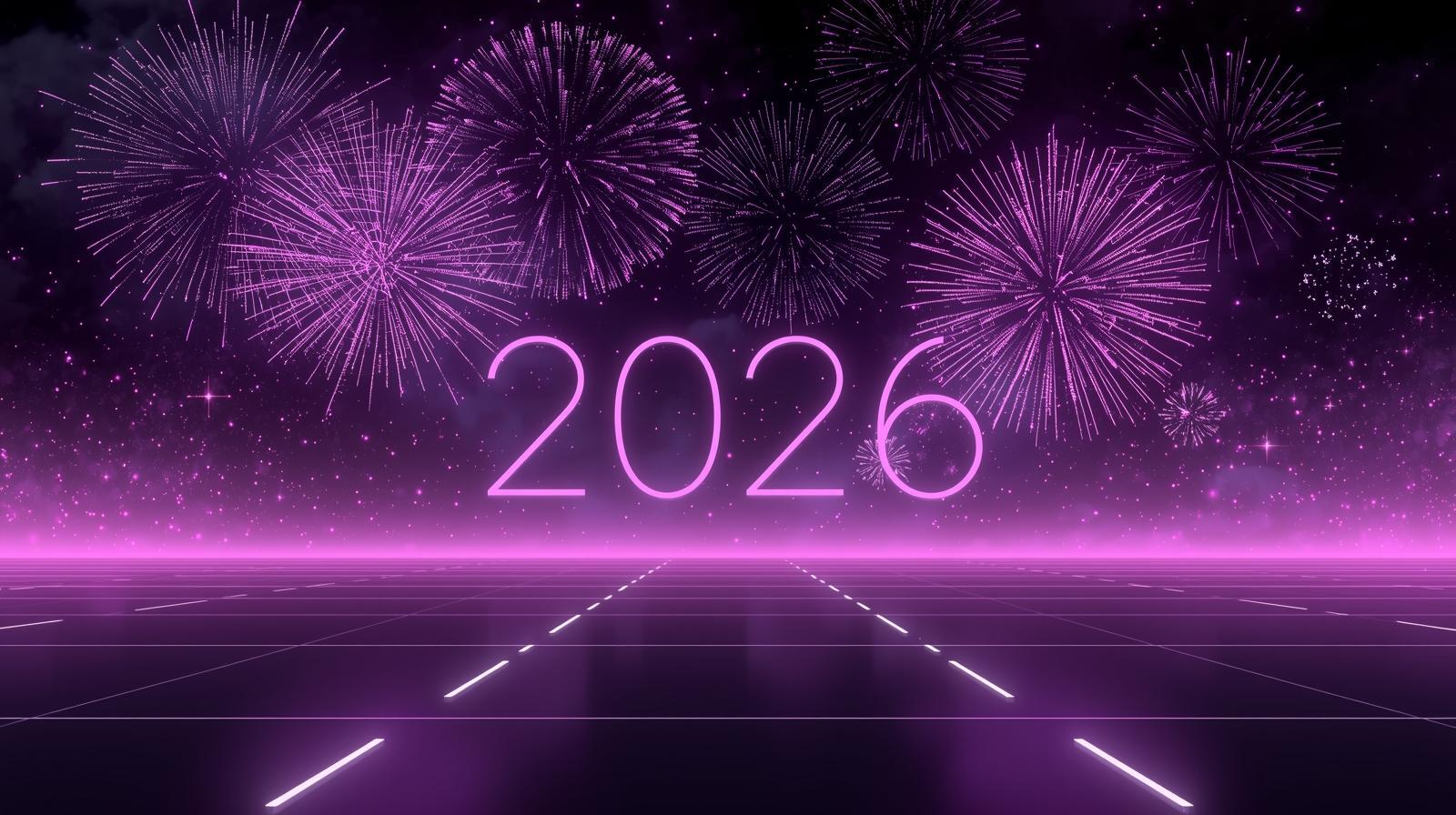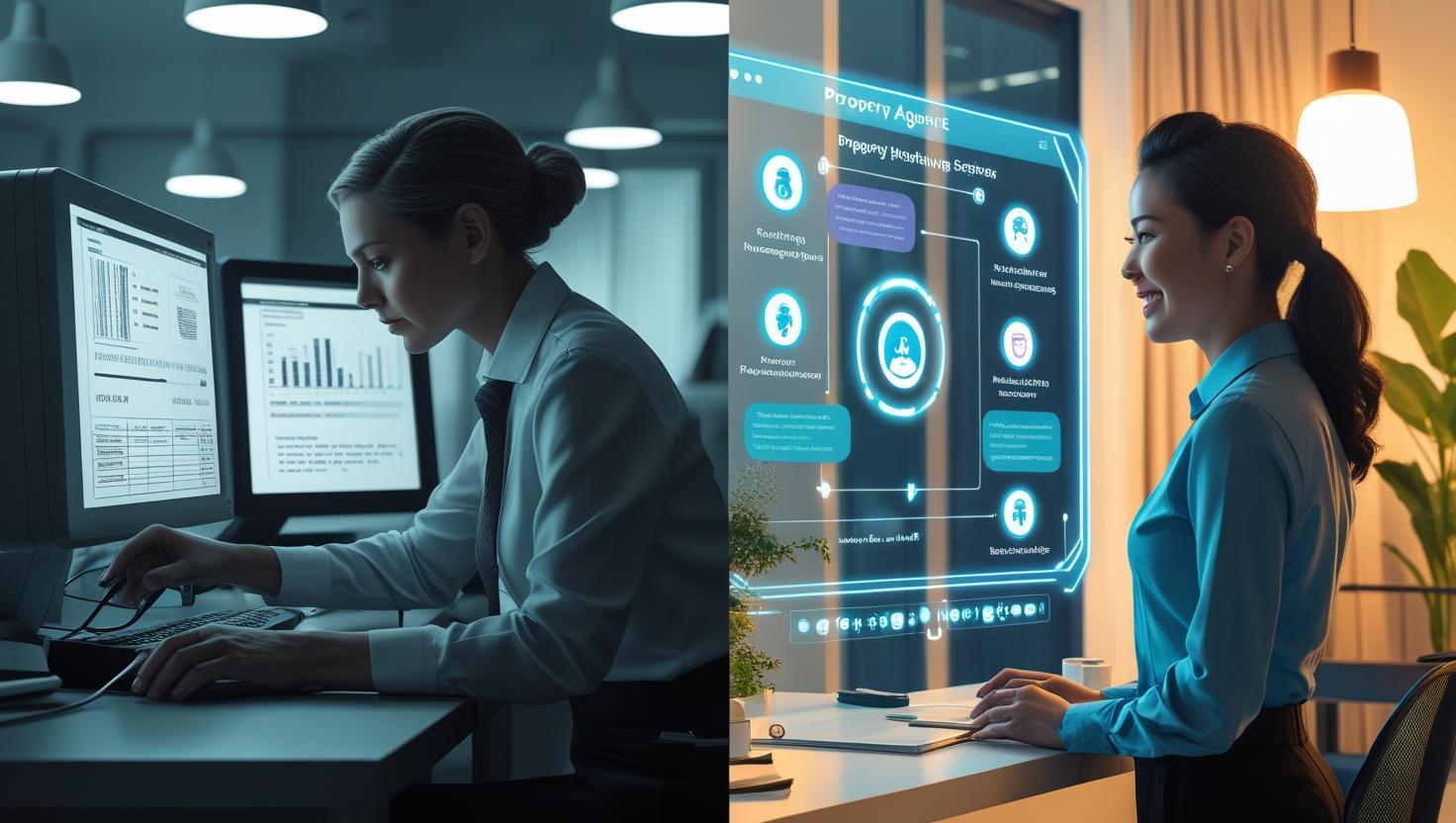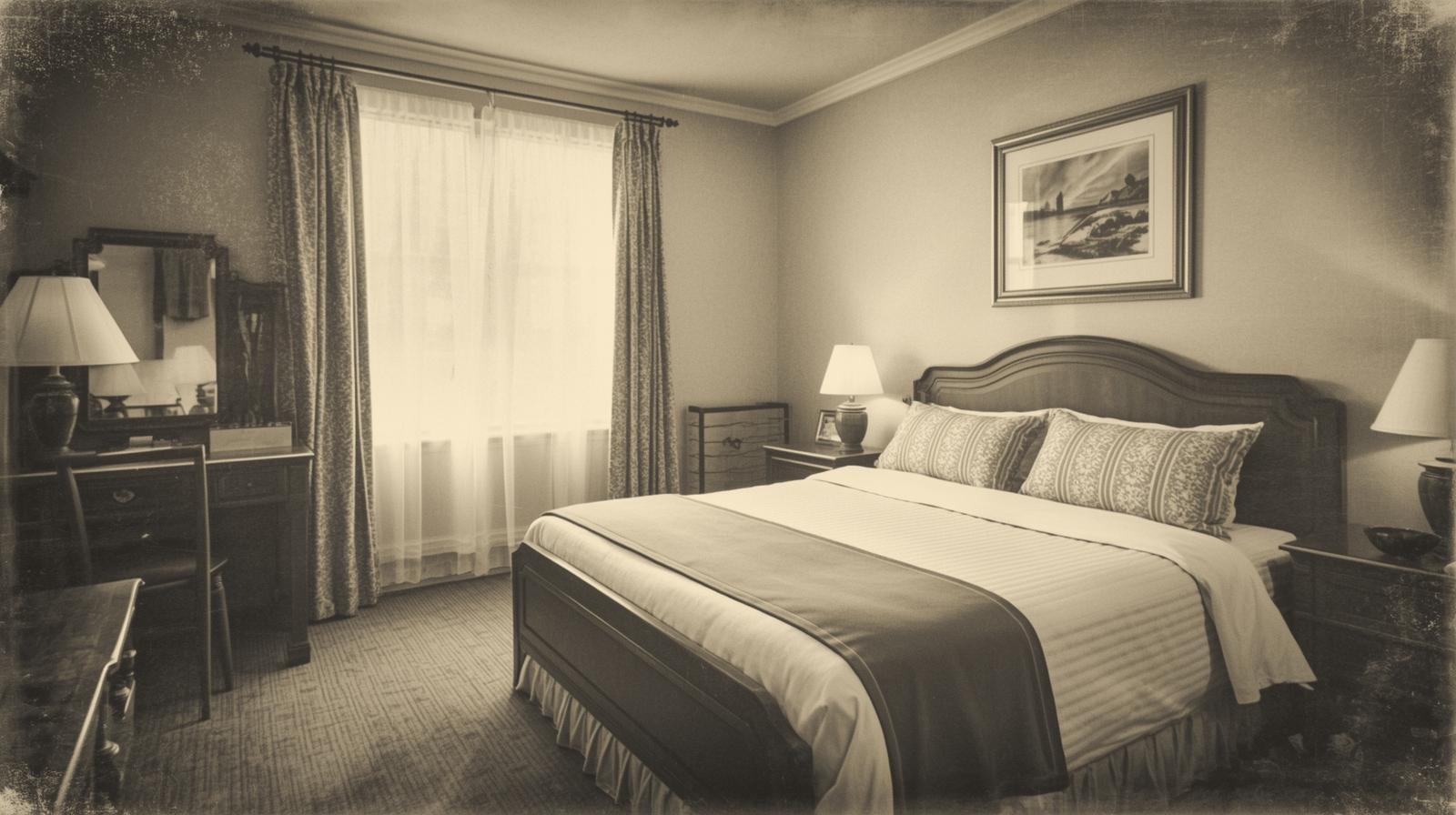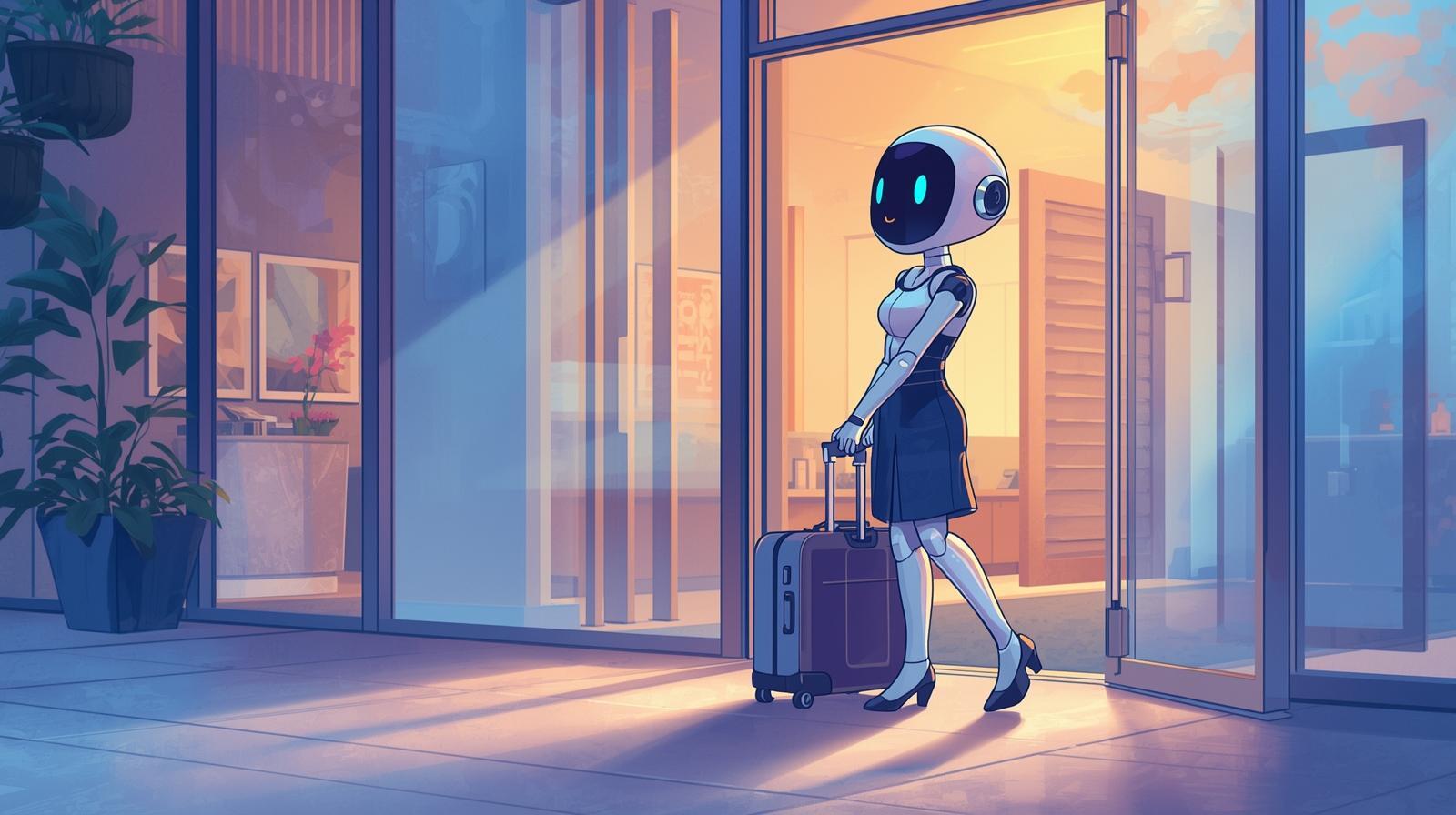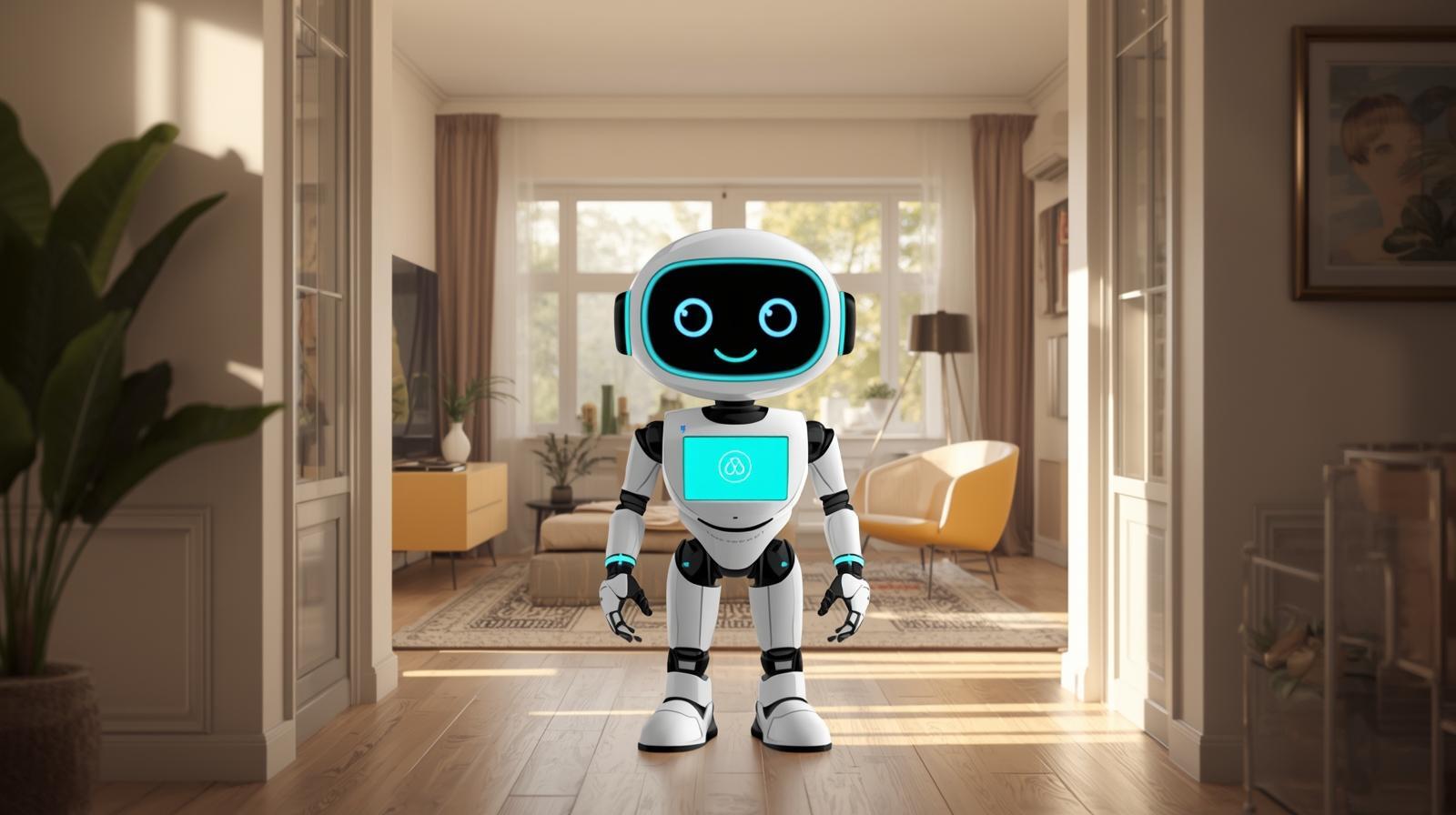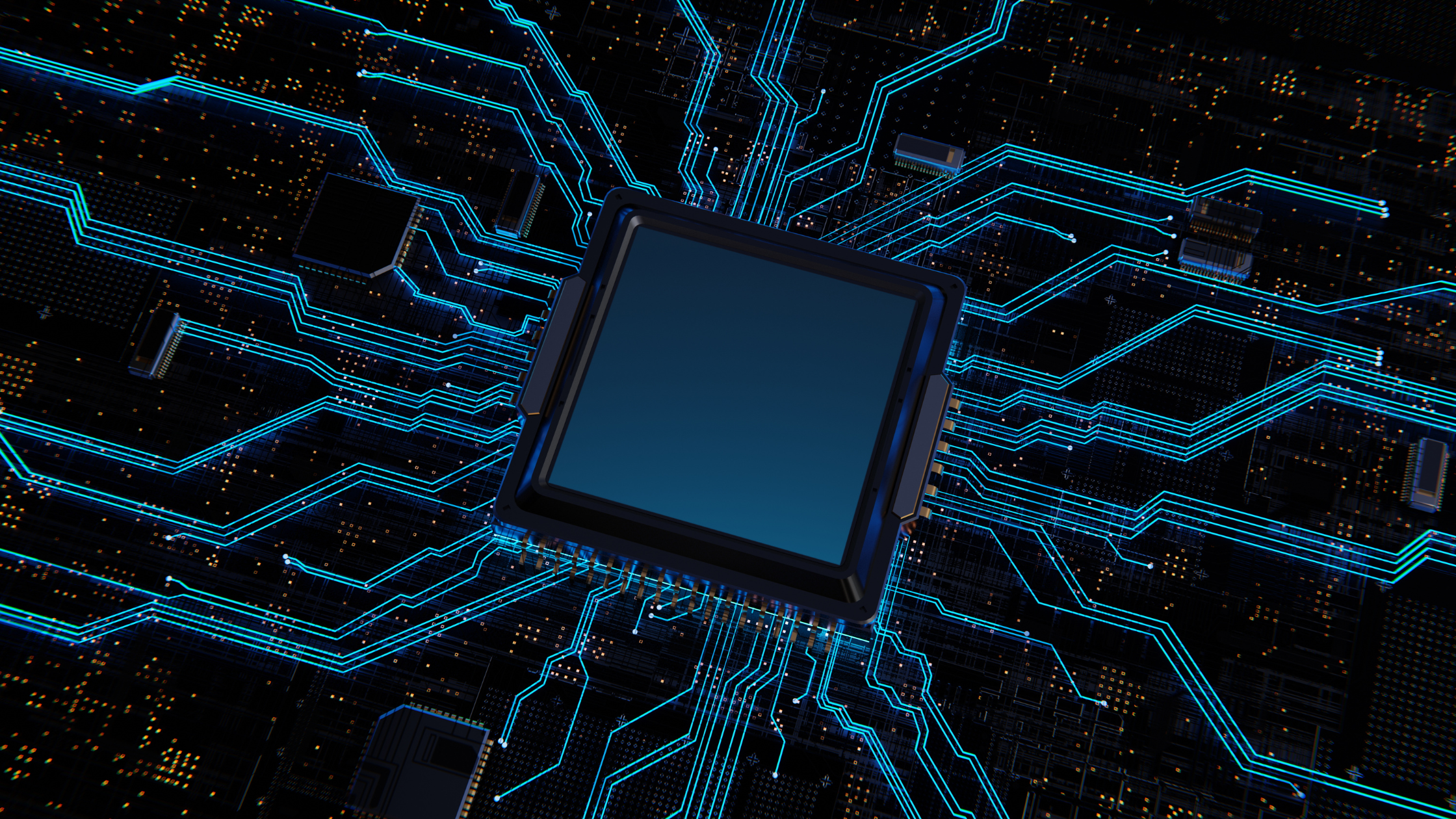Introduction: 2025’s Wake-Up Call
In 2025, automation became standard across the hospitality industry. Every serious property manager—from boutique hotels to global vacation rental brands—implemented some form of AI, task automation, or digital communication system.
But as adoption grew, one truth became clear: automation wasn’t enough.
Property managers discovered that automating tasks still required oversight, configuration, and correction. Systems that promised “ease” often created digital babysitting.
That’s why 2026 marks a turning point. The industry is shifting from automation to autonomy—from tools that assistto systems that act.
And leading that movement is Jurny, with the world’s first Agentic AI PMS, built to execute outcomes, not just schedule tasks.
The Problem with Traditional “Automation”
Most legacy systems were built for efficiency, not intelligence. They automate surface-level functions—like sending messages or scheduling cleanings—but rely on human managers for interpretation, prioritization, and decision-making.
That approach worked when guest expectations were slower and competition smaller. But in 2026, those limitations have real costs:
-
Manual oversight bottlenecks — staff must still monitor “automated” workflows
-
Fragmented tech stacks — no single source of truth between PMS, CRM, and OTA systems
-
Lost guest experience opportunities — automation can’t understand emotional tone or context
-
Zero adaptability — once rules are set, systems stop learning
In short, automation helps you run faster, but autonomy helps you run smarter.
Autonomy Defined: What It Really Means for Hospitality
Autonomy isn’t just a buzzword—it’s a new operational paradigm.
An autonomous property management system doesn’t just perform actions; it understands objectives, analyzescontext, and executes outcomes dynamically.
Here’s what autonomy looks like in practice:
| Area | Automation | Autonomy |
|---|---|---|
| Guest Messaging | Pre-scheduled responses | AI understands sentiment, tone, and urgency—and acts accordingly |
| Pricing | Rule-based rate updates | Dynamic market sensing and adaptive pricing |
| Maintenance | Reactive task creation | Predictive detection and preemptive resolution |
| Team Coordination | Manual assignments | Contextual routing based on skill, proximity, and priority |
| Decision-Making | Manager oversight | System self-corrects based on data feedback |
This is where Jurny’s Agentic AI PMS transforms from a platform into a partner.
The Architecture Behind True Autonomy: Agentic Intelligence
At the core of Jurny’s innovation lies Agentic Intelligence—a network of specialized AI agents, each designed to handle a distinct hospitality domain while collaborating seamlessly across systems.
Unlike legacy automation that executes static rules, Jurny’s NIA (Network of Intelligent Agents) continuously learns from:
-
Historical performance data
-
Guest sentiment and communication trends
-
Market dynamics
-
Environmental and IoT sensor data
Each agent can reason independently yet align with business-wide goals—allowing full-cycle decision-making with zero micromanagement.
This is the evolution from AI that assists → AI that acts → AI that learns.
Why 2026 Hospitality Leaders Must Embrace Autonomy
Analysts from IDeaS, Skift, and Phocuswright forecast that by late 2026, more than 70% of hospitality businesses will deploy autonomous systems that connect PMS, guest communication, and IoT data into a single ecosystem.
Here’s why this matters now:
-
Speed Becomes Strategy — Autonomous systems resolve 90% of guest requests in under 2 minutes.
-
Labor Efficiency Redefined — Properties run leaner without sacrificing service quality.
-
Revenue Gains Compound — Agentic pricing and upsell agents drive 25–30% higher per-guest value.
-
Human Work Evolves — Teams shift from task execution to experience design.
-
Resilience Through Intelligence — Autonomous operations maintain consistency amid market volatility.
In 2026, autonomy isn’t about replacing humans—it’s about giving them superhuman operational reach.
What Sets Jurny Apart: Built for Autonomy from Day One
While others retrofit AI into outdated systems, Jurny was architected for autonomy from the ground up.
-
Agentic Core (NIA): A self-learning AI network that drives every process.
-
Unified Cloud Architecture: Centralized data eliminates silos and delays.
-
IoT Integration: Smart locks, thermostats, and devices feed real-time data to optimize guest comfort and energy efficiency.
-
Outcome-Based Design: Jurny automates to achieve goals—like higher occupancy or reduced response times—not just actions.
This isn’t AI layered on a PMS.
This is the PMS reimagined by Agentic AI.
Preparing for the 2026 Hospitality Landscape
To stay competitive, property managers should:
-
Audit their tech stack: Identify systems that require manual supervision or constant corrections.
-
Adopt unified solutions: The future is platform consolidation, not patchwork.
-
Set outcome-based KPIs: Focus on measurable goals (e.g., time saved, revenue per guest).
-
Pilot autonomy now: Waiting until 2026 means playing catch-up.
-
Train teams for augmented roles: Empower humans to oversee outcomes, not tasks.
Conclusion: 2026 Belongs to the Autonomous Operator
The hospitality industry has reached its inflection point.
Automation helped operators survive.
Autonomy will help them scale.
Systems like Jurny’s Agentic AI PMS are leading this transformation—turning fragmented workflows into orchestrated intelligence.
In 2026, the best hospitality leaders won’t just manage operations—they’ll manage outcomes through truly autonomous technology.
Ready to move beyond automation?
Experience the first Agentic AI PMS built for full autonomy.
👉 [Book a Demo] Discover how to future-proof your operations for 2026 and beyond.


